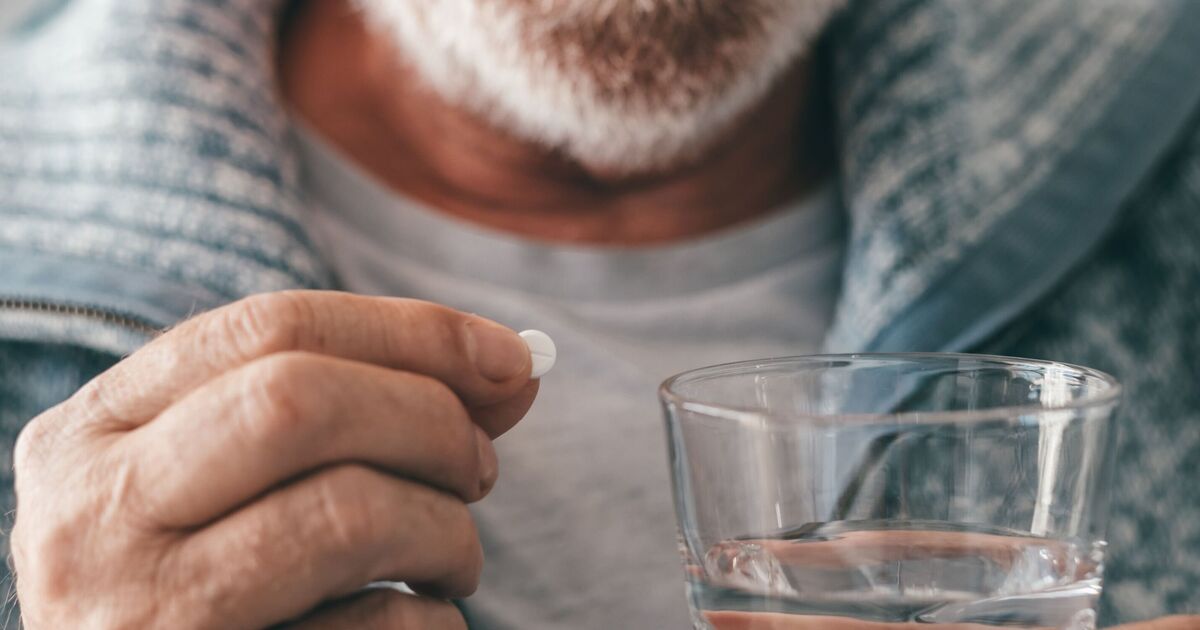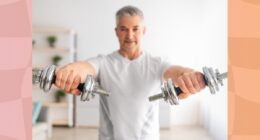People are being urged to take a daily 2p pill for vital health reasons, including its proven effects in preventing dementia. As the summer draws to a close and the weather begins to change becoming less sunny, the NHS recommends that people should start taking vitamin D supplements.
It’s not just the elderly who can benefit from this supplement – children as young as eight can also reap the rewards, with claims that it can enhance bone strength and significantly reduce the risk of dementia. The inexpensive vitamin D tablets are championed by doctors, particularly during those parts of the year when natural sunlight, a source of vitamin D, is scarce.
Vitamin D supplements are incredibly cost-effective – with 400 tablets available for less than £8 online, equating to less than 2p a day – and researchers have endorsed it as a good source. Vitamin D has also been associated with a reduced risk of dementia, and the NHS also recommends these supplements.
A study carried out in France discovered that individuals with vitamin D levels below 50 nmol/L were almost three times more likely to develop Alzheimer’s disease. The Government advises everyone to consider taking a daily vitamin D supplement during the autumn and winter months.
Those at high risk of vitamin D deficiency, all children aged between 1 and 4, and all infants (unless they’re consuming more than 500ml of infant formula per day) should contemplate a daily supplement throughout the year.
The renowned Dr Michael Mosley, who tragically passed away earlier this year, was a proponent of vitamin D supplements. He clarified his personal dose strategy by saying: “I take 25 mcg (1,000 IU), which is within the limits of what’s considered safe (anything under 100 mcg a day for adults or 50 mcg for children, according to the NHS) but closer to the sort of doses studies show you need to take to ward off infections, cancers, and maybe even dementia.”
Meanwhile, Dr Jenny Goodman, associated with the British Society of Ecological Medicine, shared her unique approach to vitamin D intake: “I go outdoors with my legs and upper arms exposed in summer, which, I’ve found, gives me enough vitamin D to last until December (it is fat soluble so can be stored).”
Additionally, Dr Goodman disclosed her personal consumption tactics, taking 2,000 international units (IU) of vitamin D each evening from October to April not just for strengthening bones, but also for “brain health, reducing the risk of dementia [as shown by an Exeter University study] and supporting the immune system”. While it remains official guidance that a daily supplement of 400 international units of vitamin D is recommended throughout the darker months, some experts suggest that higher doses are sometimes needed.
Further backing up the importance of tailoring vitamin D levels to individual needs, Dr Amina Hersi, a general practitioner, admitted to increasing her intake to 1,000 IU during winter: “Like 85% of people with polycystic ovary syndrome (PCOS), I am deficient in vitamin D. I also have darker skin so I need more because melanin blocks out the sun’s UV rays.”
Dr Lavan Baskaran, a GP with a keen focus on ADHD, is convinced that everyone aged eight and above should emulate his regimen. “Unless I’m on a summer holiday, I take 1,000 IU daily. If I forget, I’ll feel low, anxious and tired with achy joints.”
Research involving mice has highlighted the potential of vitamin D-rich diets in boosting immune resistance to transplanted cancers and enhancing responses to immunotherapy. Caetano Reis e Sousa, who leads the Immunobiology Laboratory at the Francis Crick Institute and is the study’s senior author, remarked: “What we’ve shown here came as a surprise vitamin D can regulate the gut microbiome to favour a type of bacteria which gives mice better immunity to cancer.”
He further added, “This could one day be important for cancer treatment in humans, but we don’t know how and why vitamin D has this effect via the microbiome. More work is needed before we can conclusively say that correcting a vitamin D deficiency has benefits for cancer prevention or treatment.”










